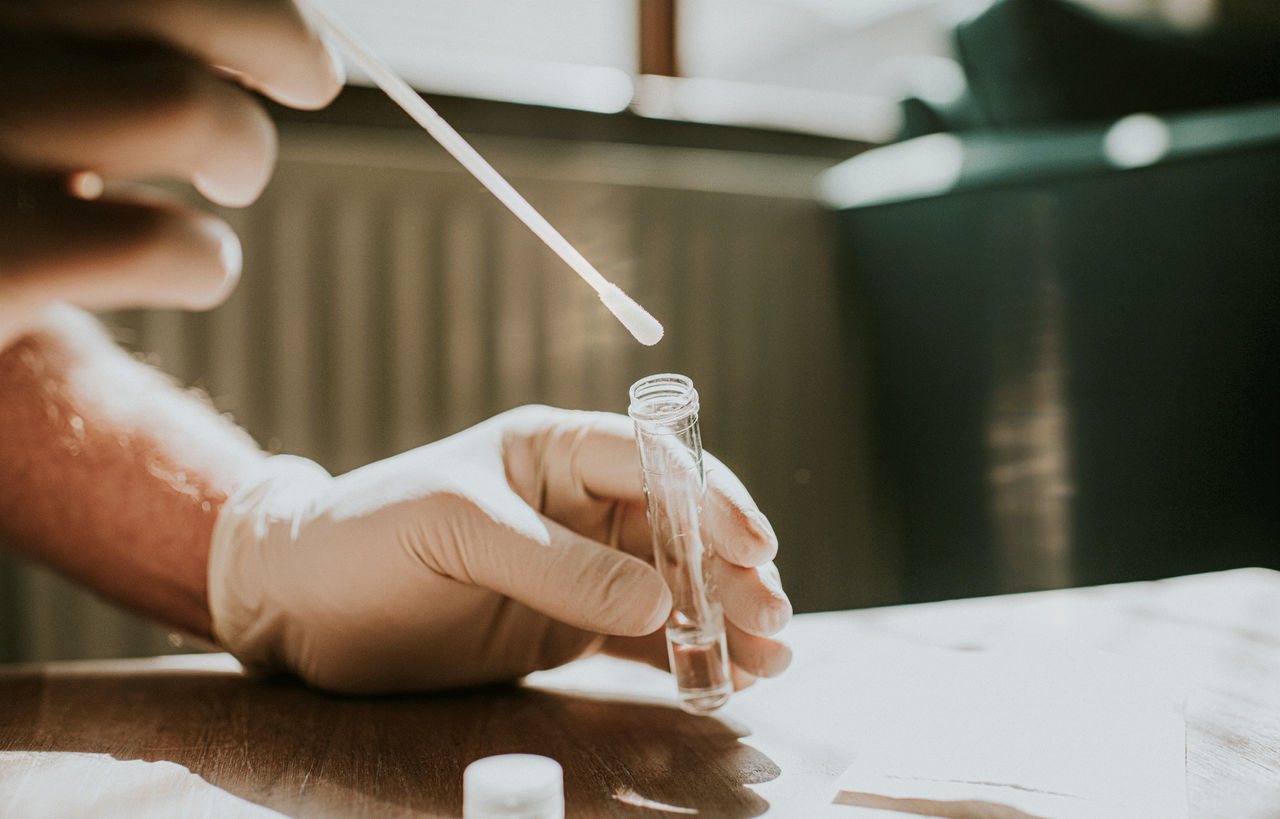Screening Tests for Common Diseases

Screening tests are a crystal ball into your health because they detect medical conditions before symptoms appear. Here are the tests you need and ones you don't.
Many medical conditions don’t come with warning signs. High blood pressure, type 1 and type 2 diabetes, and some cancers sneak in silently. By the time symptoms appear, the disease may have already progressed to the point where it has caused long-term damage or is life-threatening.
Screening tests are like a crystal ball into your health because they detect medical conditions before symptoms appear. When used wisely, these tests can lead to early treatment. They might even save your life.
But inappropriate tests can do more harm than good. Unnecessary screening wastes time and money. Some screening could lead you into follow-up tests or treatments you don’t need.
Which screening tests should you consider? Here’s a rundown of expert recommendations.
YOU MIGHT ALSO LIKE: Blood Test Accurately Detects Over 50 Kinds of Cancer
Blood pressure screening
What it detects: High blood pressure
Who needs it: Adults ages 18 and older should be screened in their doctor’s office.
Blood sugar test
What it detects: Type 1 and type 2 diabetes and gestational diabetes
Who needs it: The U.S. Preventive Services Task Force (USPSTF), a panel of disease prevention experts that makes evidence-based screening recommendations, suggests blood sugar testing for adults ages 35 to 70 who are overweight or obese. Pregnant women should also be tested. The American Diabetes Association goes further, recommending that everyone age 35 and older get tested, regardless of their weight.
Bone density (DEXA) scan
What it detects: Your risk of osteoporosis and bone fractures
Who needs it: Women ages 65 and older should get a bone density scan.
Cholesterol test
What it detects: The amount of low-density lipoprotein (LDL or “bad” cholesterol), high-density lipoprotein (HDL or “good” cholesterol), and triglycerides in your blood.
Who needs it: Most healthy adults should get their cholesterol checked once every four to six years, according to the Centers for Disease Control and Prevention.
Colorectal cancer screening
What it detects: Cancers of the colon and rectum
Who needs it: Adults aged 45 to 75 should be screened for colorectal cancer, according to the USPSTF. Which test you use determines the frequency. Your options are a colonoscopy once every 10 years, flexible sigmoidoscopy or virtual colonoscopy once every five years, or stool (fecal occult) tests every one to three years.
Hepatitis C infection
What it detects: The virus that causes hepatitis C
Who needs it: The USPSTF recommends this test for adults ages 18 to 79.
HIV test
What it detects: Human immunodeficiency virus (HIV), the virus that causes AIDS, in a sample of blood or saliva.
Who needs it: Teens and adults ages 15 to 65, and pregnant women
Mammogram
What it detects: Breast cancer
Who needs it: Screening recommendations vary by medical organization. The USPSTF recommends mammograms once every two years for women ages 50 to 74. The American Cancer Society recommends these scans once a year for women ages 45 to 54, then every other year for women ages 55 and older.
Pap test
What it detects: Cervical cancer
Who needs it: The USPSTF recommends that women ages 21 to 29 have a Pap test once every three years. From ages 30 to 65, women have the choice of getting a Pap test once every three years, a test for human papillomavirus (HPV — the virus that causes most cases of cervical cancer) once every five years or a combination of Pap test and HPV test once every five years.
Tests to avoid
These screening tests are probably unnecessary, unless you have symptoms or you’re at high risk for the conditions they detect:
- Abdominal aortic aneurysm
- Carotid artery screening
- Electrocardiogram and stress tests
- Low-dose computed tomography (or CT) scan for lung cancer
What you can do
Screening recommendations are for people who have an average risk. Anyone who is at high risk for a particular disease may need to start screening earlier and test more often. Your risks and family history will determine when you should start screening and how often to get tested.
Have a conversation about screening tests with your primary care doctor. When your doctor recommends a test, ask:
- Why do I need it?
- How will it benefit me?
- What might happen if I don’t get screened?
- What are the possible risks to the screening test?
- How much will it cost, and will my insurance cover it?
- What are next steps if I have a positive result?
Updated:
September 27, 2023
Reviewed By:
Janet O'Dell, RN